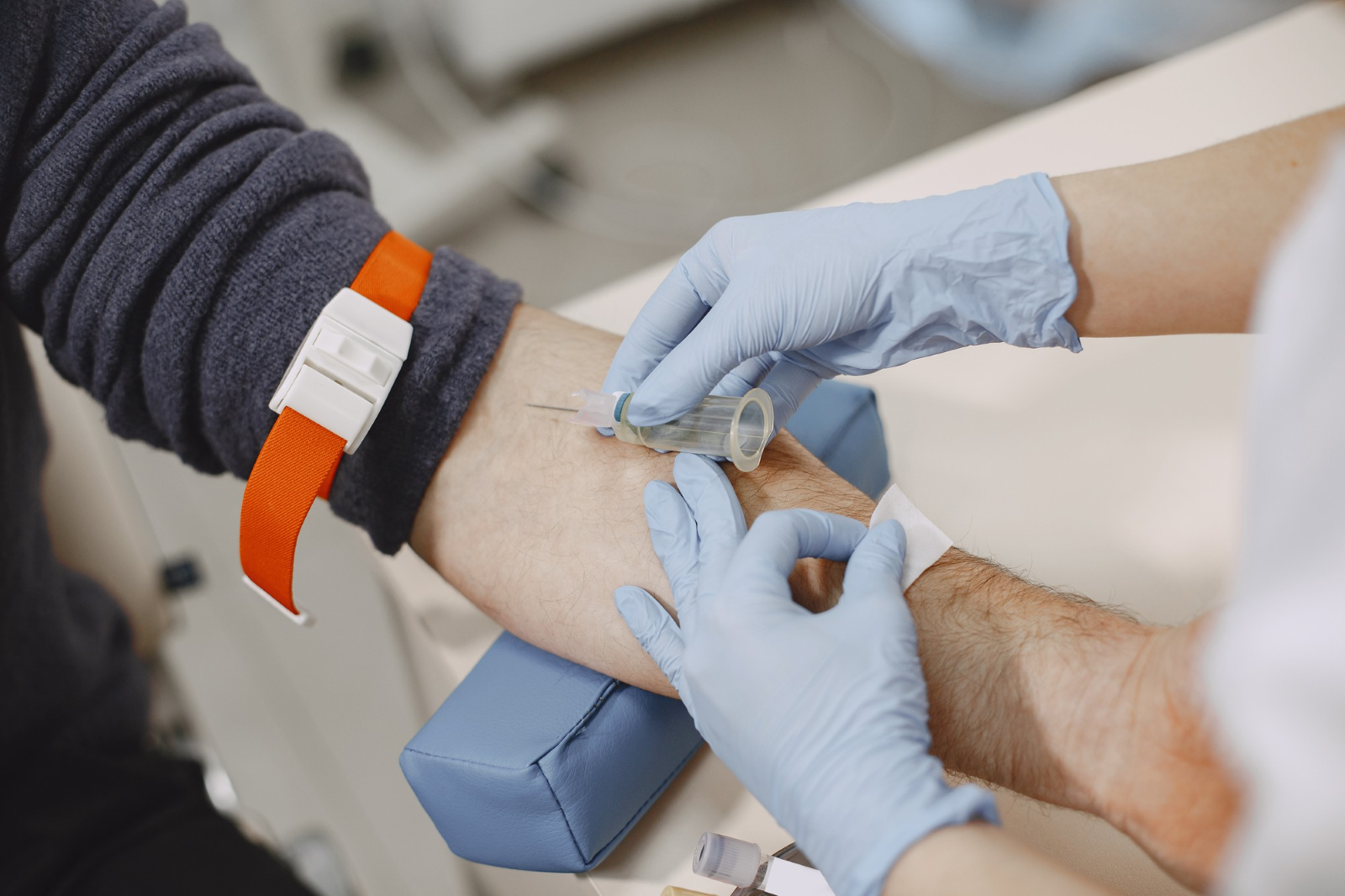Exploring health terms can be overwhelming, especially when they sound complex. Anti-CCP is one such term that can leave many puzzled yet curious about its health implications.
Introduction to Anti-CCP Antibodies
Anti-Cyclic Citrullinated Peptide (Anti-CCP) antibodies are like tiny markers that your body creates. They’re particularly important if you’re dealing with joint pain or issues like rheumatoid arthritis (RA). RA is a condition where your immune system, which is supposed to protect you, starts attacking your joints. Understanding anti-CCP antibodies can really help if joint symptoms are troubling you. Knowing what these antibodies do can guide both patients and doctors. It helps in figuring out what’s wrong and deciding on treatment. By grasping these small concepts, you gain insights that can help you manage rheumatoid arthritis better. So, let’s take a closer look at anti-CCP antibodies and why they matter.
Demystifying Anti-CCP: What Are They?
Think of Anti-CCP antibodies as the body’s odd response. They specifically target something known as cyclic citrullinated peptide in your joints. Imagine a misunderstanding within your body’s defense system, leading it to attack certain parts of its own joints. This is sometimes what happens with rheumatoid arthritis. Unlike another marker called the rheumatoid factor, Anti-CCP is more specific to RA. While both are indicators, they help doctors figure out if RA could be the issue. Anti-CCP antibodies basically mark the proteins in the joints. The good part? This marker gives a clearer picture to doctors by identifying RA more specifically compared to the rheumatoid factor.
Anti-CCP Test: What You Need to Know
When you’re experiencing symptoms that suggest a condition like RA, your doctor might suggest an anti-CCP test. This test helps in the diagnosis of autoimmune conditions, especially RA. Here’s what happens during an anti-CCP test:
- A healthcare professional will take a small blood sample.
- This sample is then checked in a lab to see if anti-CCP antibodies are present.
Simple right? The test is easily done and doesn’t take much time. Plus, it’s not unusual for the doctor to recommend other tests alongside it. These might include checking for the rheumatoid factor or performing an X-ray, just to ensure they’re getting the complete picture. By having multiple test results, the doctor gets a fuller understanding of what might be behind your symptoms.
Decoding Your Anti-CCP Test Results
Understanding your anti-CCP test results is like looking at a map guiding you through a journey of health decisions. Here’s a breakdown:
- Negative: No anti-CCP antibodies found.
- Mild Positive: Small level of antibodies, requiring further evaluation.
- Moderate Positive: Indicates possible RA, requiring a closer look.
- Strong Positive: Likely RA, guiding treatment and management plans.
What do these results mean? They guide a doctor not just in confirming RA but also in crafting a management plan. Results alone aren’t everything. They need to be read alongside clinical symptoms and additional tests. The test results should be seen within the context of what a patient feels and other findings, like swollen joints or pain.
Coping with a Positive Anti-CCP Result
Receiving a positive anti-CCP result can be a lot to process. It places you on a path of discovery and management of rheumatoid arthritis. So, how do you go forward?
- Understand what a positive result confirms: RA is likely present.
- Connect with support groups or professional counselors.
- Share feelings and concerns with friends, family, or healthcare professionals.
Making lifestyle changes can make a big difference. Eating healthy, regular exercise, and reducing stress are steps that can help. Medications might also be suggested by your healthcare provider to manage symptoms effectively. Taking control and learning about management strategies ensures a healthier, better quality of life.
Is a Negative Anti-CCP Result the End?
Having a negative anti-CCP result can be comforting, but it doesn’t always mean the journey ends here. RA could still be a possibility if symptoms persist. In these cases, it’s crucial to keep an eye on symptoms and continue communication with healthcare professionals. Further investigation or tests might be necessary to explore other causes or to confirm a diagnosis.
Leveraging Anti-CCP Results for Your Health
Once you have your anti-CCP test results, what comes next? Understanding these helps in crafting a treatment plan tailored just for you. Here’s how these results empower you:
- Provides a basis for personalized treatment plans.
- Encourages starting treatment early to prevent joint damage.
- Opens up options for treatment like medications, therapy, and lifestyle adjustments.
Early intervention is crucial. It can stop long-term damage, helping maintain joint health. Treatment discussion might include medicines to ease symptoms or therapy sessions to maintain joint mobility. Changes in lifestyle, like regular exercise and nutritious eating, can improve daily experiences. Knowing and understanding your anti-CCP results shapes a clearer path to managing RA and enhancing life quality.
Conclusion: Empowerment Through Knowledge
By understanding anti-CCP, you’re better prepared to tackle health changes. Monitoring health and seeking advice when symptoms arise is crucial. Early diagnosis and tailored interventions can brighten health outcomes, helping maintain a healthy, active lifestyle.
